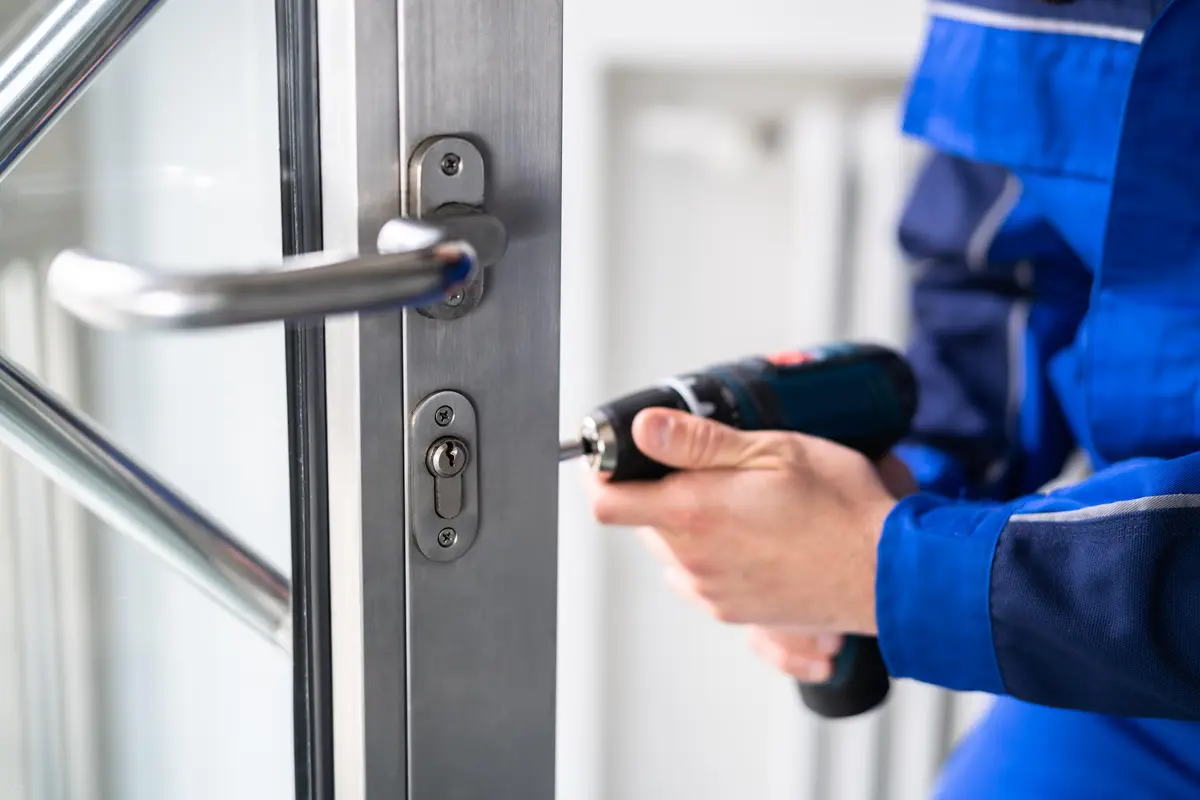How to Prevent the Most Common Lock-Out Situations
Few things are as frustrating as realising — usually at the worst moment — that you’ve locked yourself out. Whether it’s your home, your car, or even a storage shed, lock-outs always seem to happen when you’re rushing, tired, or distracted. And while it’s comforting to know you can call an emergency locksmith Sydney service if you ever need urgent help, prevention is always far cheaper and far less stressful than the alternative.
The good news? Most lock-outs are preventable. A few simple habits and small adjustments can dramatically reduce the chances of finding yourself stuck outside with no access.
Here’s how to avoid the most common scenarios before they derail your day.
Create a Habit That Prevents “Key Forgetfulness”
Most lock-outs happen because your routine gets interrupted. You might be carrying groceries, juggling kids, holding your phone, or thinking about the next task. Keys become an afterthought.
Build tiny but reliable habits that keep your keys front and centre:
- Keep your keys in the same place every time — a bowl, hook, or tray near the door
- Use a bright or bulky keychain that’s harder to misplace
- Make a quick “keys–phone–wallet” check part of your leaving-the-house routine
- Avoid placing keys on unstable surfaces where they can fall unnoticed
These micro-habits add structure, even when your schedule becomes chaotic.
Use Smart Key Backups (That Don’t Compromise Security)
Having a backup key is essential — but hiding it under a pot plant is not the solution. Instead, choose smarter, safer alternatives.
Good options include:
- Giving a spare key to a trusted neighbour or nearby family member
- Keeping a backup key securely in your car (hidden, not in the glovebox)
- Using a small, lockable key safe mounted discreetly outside
- Carrying a slim magnetic key holder on your fridge or inside your bag
These methods reduce risk while still ensuring fast access if you ever lock yourself out.
Consider Upgrading to Keyless Entry
Keyless systems can eliminate lock-outs almost entirely. If you find yourself misplacing keys often or sharing access with family members, a digital solution might be ideal.
Modern options include:
- Keypads with PIN codes
- Smart locks controlled by your phone
- Locks with fingerprint recognition
- Hybrid models that allow both manual keys and digital access
With the right setup, you can enter your home even if you’ve lost your physical key — and you can grant temporary access to guests or tradespeople without handing out copies.
Avoid Door Habits That Cause Accidental Lock-Outs
Some behaviours seem harmless but can set you up for trouble later.
Common lock-out triggers include:
- Pulling a door shut without checking that you have your keys
- Closing a self-locking door while grabbing the mail
- Using the garage door but forgetting the internal door is locked
- Rushing out “just for a second” without pockets or a bag
Slowing down for two seconds to check your keys can save you hours of inconvenience.
Maintain Your Locks and Keys Properly
Not all lock-outs are caused by forgetfulness. Sometimes the hardware itself is the issue.
Signs you should not ignore:
- Keys that stick
- Locks that require wiggling
- Doors that don’t close smoothly
- Rust, moisture, or worn edges on the key
- Handles that feel loose or misaligned
Regular maintenance reduces the risk of faults that could trap you outside.
Keep Car Lock-Outs From Happening
Car lock-outs are especially stressful because they often happen when you’re in a rush — at the shops, at work, or late at night in a carpark.
Prevent them by:
- Never placing your keys in the boot while loading items
- Avoiding locking the car from the inside before closing the door
- Keeping a spare key in your wallet or bag
- Using phone reminders if your car has “key left inside” alerts
Small habits prevent big headaches.
Create a Plan for Your Future Self
Even with good habits, emergencies can happen. Part of prevention is knowing exactly what you’ll do if things go wrong.
Set yourself up by:
- Saving a trusted locksmith’s number in your phone
- Keeping a small emergency kit in your car with a spare key
- Installing lighting near your doorway in case it happens at night
- Teaching every adult in the home how to safely manage spare access
You’ll be calmer and more prepared if a lock-out ever occurs.
Staying Locked Out Less Often Starts With Simple Changes
Lock-outs aren’t just inconvenient — they can be expensive, unsafe, and incredibly stressful. But with a handful of preventative habits, small upgrades, and smart contingency plans, you can avoid most of the common scenarios that catch people off guard.
A few intentional steps today can save you time, money, and frustration tomorrow. And if an unexpected situation ever does arise, you’ll know exactly what to do next.
Read More: Why Brain Fog Is So Common Today (And What It Might Be Signalling)

